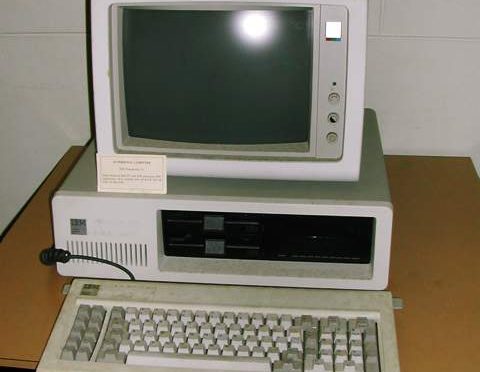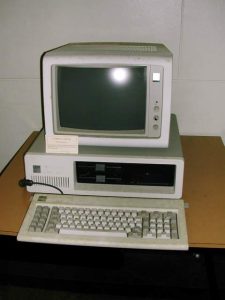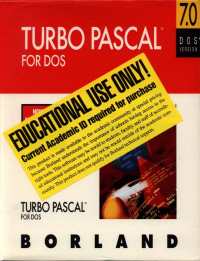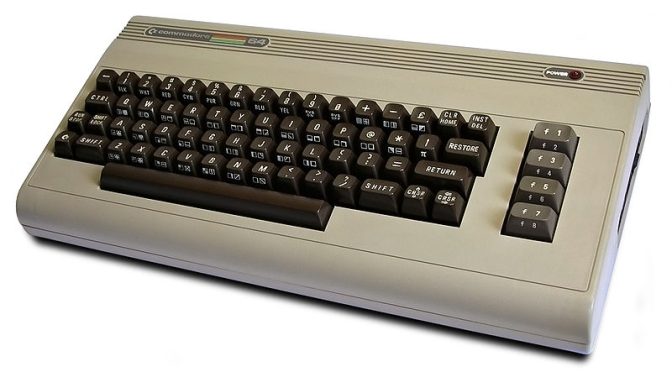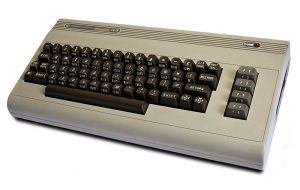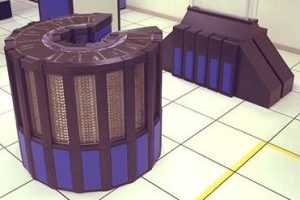When I bought my first computer, a an IBM XT clone with a hercules monitor and 20 meg hard drive,
man that was a great computer. The first thing I wanted to do with it besides play games, was to program it, then, I quickly found out that I couldn’t. It didn’t have a Text Editor, nor BASIC, nor a language I know how to program for that fact. However, it did have edlin, it is usable, but it is like getting kick in the groin with a pair of high heeled shoes, some people like it, and I wasn’t interested in finding out what that was like, using edlin was pain enough for me. I did learn eventually there was another way to enter code into a file, that was by using the copy con command. Where you could pretend you had a full screen editor. It actually wasn’t a bad option, if I wanted to enter something in quick, it would do. However, by that time I paid for another text editor, Qedit, and was programming in Turbo Pascal, so it’s IDE was available when I wrote Pascal programs, by this time I was starting to actually buy software, so this was a legit copy.
Eventually I started to buy more software, and ended up getting Dos 5 upgrade. Even though DOS 3.1 was a decent little system, I found that DOS 5 was better, one it had manuals; and learned what actually came with it, such as it’s own built in text editor and it had it’s own version of Basic. Unfortunately I played that Gorilla banana throwing game for way too many hours.
Personally I preferred Qedit. It had a few features that made coding a little easier, such as using macros, this was a handy feature that I learned about those when I was working on Vax Systems using the EVE editor. Macros are great, you didn’t have to do alot of the same command over and over. Eventually as time rolled on, I was exposed to other text editors, like brief.
However, for that brief period moment of time, all time seemed to stop, you didn’t have to worry about keeping up with some new program or computer, if you wanted a new program, you usually wrote what you needed. Dos at the time was simple and straightforward, it wasn’t perfect, nothing is. What I did learn and enjoyed from that time; except how to take a whole evening to learn how C pointers work; is that what ever you have, if you are willing to work at it, you can always make it work the way you want. You have to be creative and the only thing that stops you, is your imagination. It is a good thing to remember.
